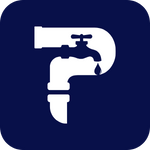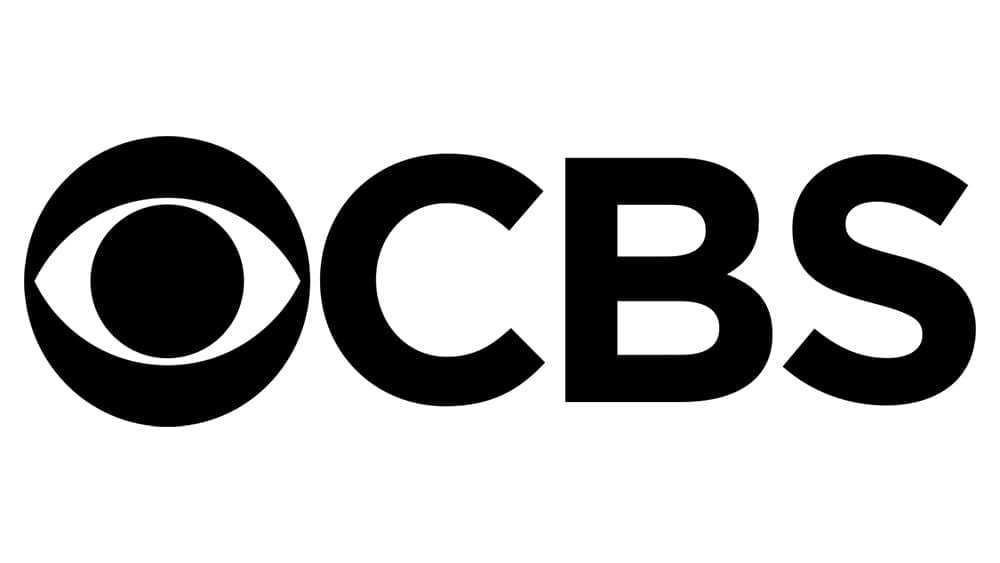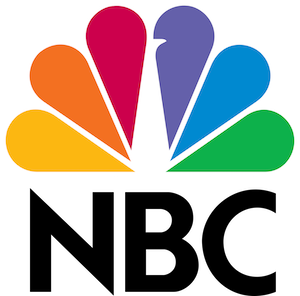Increasing Plumbing Efficiency: A Complete Guide Plumbing efficiency has become a crucial concern for both residential and commercial properties in the modern world, where sustainability and resource conservation are of utmost importance. Water waste is decreased, utility costs are decreased, & the overall performance of a building's water system is improved by efficient plumbing. In order to optimize your plumbing system, this article explores the many facets of plumbing efficiency & offers practical advice and solutions.
Key Takeaways
- Plumbing efficiency is crucial for conserving water and reducing utility costs.
- Regular maintenance and inspections help identify and address potential issues before they become major problems.
- Upgrading to high-efficiency fixtures and appliances can significantly reduce water consumption.
- Implementing water-saving techniques such as rainwater harvesting and greywater recycling can further enhance efficiency.
- Utilizing smart technology for monitoring and control allows for real-time tracking and adjustments to optimize water usage.
Plumbing efficiency is important for both financial and environmental savings; it's not just a convenience issue. Water waste is reduced by an effective plumbing system, which is important in places where water is scarce. Property owners can contribute to the conservation of this essential resource & lower their monthly water bills by cutting back on unnecessary water flow. Also, long-lasting pipes and fixtures can be improved by effective plumbing systems.
Plumbing parts experience much less wear and tear when water flows freely and without obstructions or leaks. In addition to saving money on repairs, this guarantees that the plumbing system will function at its best for many years to come. Frequent maintenance and inspections are among the best strategies to guarantee plumbing efficiency. By planning regular inspections, possible problems like leaks, corrosion, or obstructions can be identified early.
If ignored, these issues may worsen & result in expensive repairs and large water loss. Professional plumbers are able to evaluate the state of appliances, fixtures, and pipes during maintenance visits. In order to guarantee that everything is operating at its best, they can also carry out any necessary replacements or repairs. To keep their plumbing systems in optimal condition, homeowners and property managers should think about creating a maintenance schedule, maybe once a year or twice a year. Purchasing energy-efficient appliances and fixtures is another important tactic for improving plumbing efficiency.
| Service Optimization Tips | Efficiency Metrics |
|---|---|
| Regular Maintenance | Reduction in emergency service calls |
| Upgrading Equipment | Decrease in water and energy usage |
| Employee Training | Increase in first-time fix rate |
| Utilizing Technology | Improvement in response time |
Without compromising functionality, modern showerheads, faucets, and toilets are made to use a lot less water than their predecessors. Showerheads with high efficiency can save gallons of water per minute, while low-flow toilets can cut water use by as much as 60%. Water savings can be significant when fixtures and appliances like washing machines and dishwashers are replaced with energy-efficient models. These devices are designed to clean well while using less water. Property owners who implement these improvements eventually experience reduced utility costs in addition to helping to sustain the environment.
There are many simple water-saving methods that can be applied in both residential and commercial settings, in addition to updating fixtures and appliances. Simple actions like quickly repairing leaks can stop a large amount of water loss. Although a dripping faucet might not seem like much, it can waste gallons of water over time.
By combining water & air, these devices lower flow rates while preserving pressure. Also, it can result in significant savings if residents are encouraged to develop water-saving practices like turning off the faucet while brushing their teeth or taking shorter showers. The way we maintain our plumbing systems has changed dramatically with the introduction of smart technology. Real-time water usage data is provided by smart water meters and leak detection systems, enabling property owners to keep a careful eye on their usage. Users can receive alerts from these devices about anomalous usage spikes that might point to leaks or inefficiencies. Also, by modifying schedules in response to weather, smart irrigation systems can maximize outdoor water use.
Property owners can help preserve plumbing efficiency and support water conservation initiatives by implementing these technologies. To maximize productivity, businesses must train employees in efficient plumbing techniques.
Topics like detecting leaks, using fixtures correctly, and reporting plumbing problems can all be covered in basic training sessions.
In addition to empowering employees, raising awareness of plumbing efficiency also encourages a sense of duty to conserve resources. Employees are more likely to implement procedures that increase overall efficiency when they recognize the importance of their part in keeping the plumbing system operating efficiently. Finding trends and areas for plumbing efficiency improvement requires routinely tracking and evaluating water usage data. Monthly water bills and usage trends should be monitored by property owners in order to identify any irregularities that might point to inefficiencies. Property owners can decide where to concentrate their efforts by evaluating this data, whether that means changing usage patterns, installing new technology, or updating fixtures.
Also, a lot of smart meters have analytics capabilities that offer information about usage trends over time, which facilitates the discovery of areas for improvement. Last but not least, working with a professional plumbing service can greatly increase plumbing efficiency. Skilled plumbers have the skills and resources required to perform a thorough system assessment and suggest customized optimization solutions.
They are able to carry out comprehensive examinations, carry out required improvements, and offer continuing maintenance services. Selecting a trustworthy plumbing company guarantees that your system is in capable hands, freeing you up to concentrate on other facets of home maintenance or property management. A professional plumber can also keep up with the most recent advancements in plumbing efficiency and technology, guaranteeing that your system stays cutting edge. Ultimately, optimizing plumbing efficiency is a complex process that calls for proactive measures and close attention to detail. The performance of plumbing systems can be greatly improved by property owners by realizing the value of efficient plumbing systems, performing routine maintenance, replacing fixtures and appliances, conserving water, employing smart technology, educating employees, keeping an eye on usage data, & working with experts.
Assess your existing plumbing configuration and pinpoint areas that require improvement to get started. Improving your plumbing efficiency is a good first step, whether you're a business trying to reach sustainability goals or a homeowner hoping to reduce utility costs. Don't hesitate; put these tactics into practice right away for a future with greater efficiency!
If you are looking to optimize your plumbing service, you may also be interested in learning about HVAC influencer marketing in Montreal, Quebec. This article discusses how leveraging influencers in the HVAC industry can help boost your business's visibility and credibility. Check out the full article here.
FAQs
What is plumbing service optimization?
Plumbing service optimization refers to the process of improving and streamlining plumbing services to make them more efficient, cost-effective, and customer-friendly.
Why is plumbing service optimization important?
Optimizing plumbing services can lead to improved customer satisfaction, reduced costs, increased productivity, and better overall performance of the plumbing business.
What are some strategies for optimizing plumbing services?
Some strategies for optimizing plumbing services include implementing efficient scheduling and dispatching systems, utilizing technology for better communication and tracking, improving inventory management, and providing ongoing training for technicians.
How can plumbing service optimization benefit customers?
Customers can benefit from plumbing service optimization through faster response times, more accurate scheduling, better communication, and ultimately, a more satisfactory overall experience with the plumbing service provider.
What are the potential cost savings associated with plumbing service optimization?
By optimizing plumbing services, businesses can reduce overhead costs, minimize wasted time and resources, and improve overall productivity, leading to significant cost savings in the long run.






